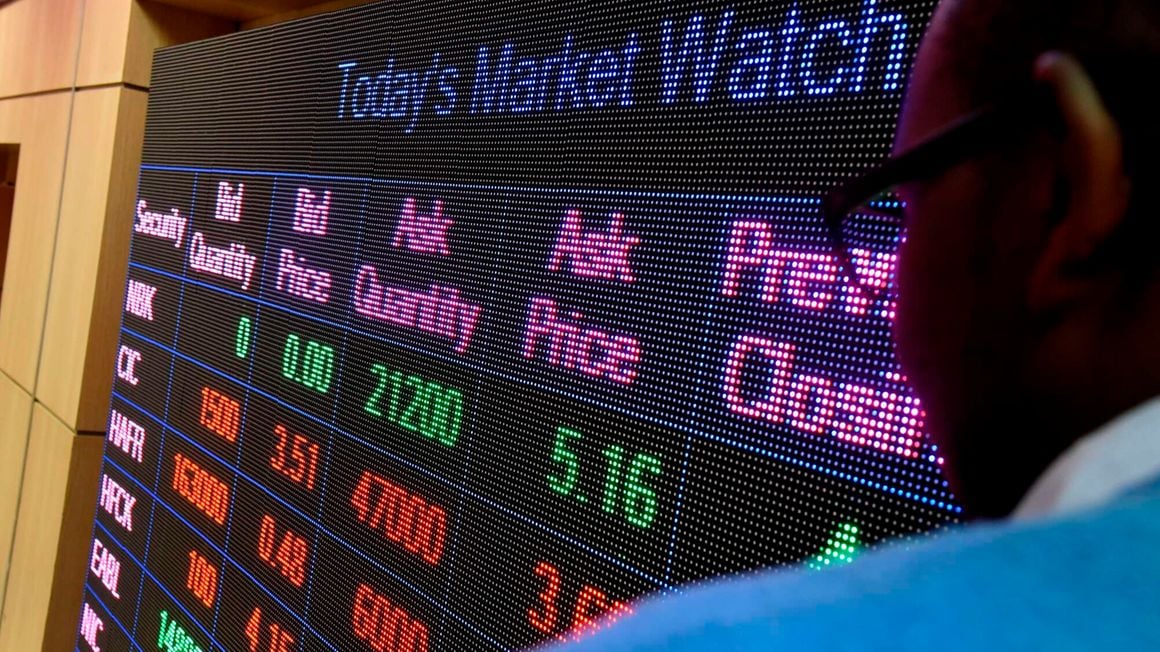In the past year, East African securities markets have experienced an average decline of 17 percent, with foreign investors opting for higher-yielding investments in the US and Europe due to rising interest rates in developed markets. The Kenyan market has been particularly affected, witnessing a 30.74 percent drop in the Nairobi Securities Exchange (NSE) All Share Index (NASI) from 129.02 on November 14, 2022, to 89.35 on November 13, 2023.
The Uganda Securities Exchange (USE) also faced a significant downturn, with the USE All Share Index falling by 27 percent to 896.25 from 1,230.28 during the same period. Tanzania and Rwanda experienced milder declines of 6.67 percent and 2.48 percent, respectively.
Foreign investors continued to be net sellers on the NSE, with a net selling position of $2.1 million during the week ending November 10, contributing to a year-to-date foreign net selling position of $287.6 million. Blue-chip companies like Safaricom, Equity Bank, KCB, Co-operative Bank, KenGen, and Kenya Power bore the brunt of foreign exits.
Analysts attribute the sell-offs to the global rise in interest rates, particularly in the US, making bonds there more attractive and less risky in terms of currency depreciation. The US Federal Reserve’s decision to maintain key interest rates further contributed to this trend.
In Kenya, foreign investors remained bearish on key blue-chip firms, with net outflows of Ksh13.09 million ($86,688.74) on November 14. The top foreign-traded counters included Equity Group, Safaricom, KCB Group, Co-operative Bank, and KenGen.
While foreign investor outflows persisted, analysts at Cytonn Investments Ltd. expressed a “Neutral” stance on the equities markets in the short term but remained “Bullish” in the long term, citing cheap valuations and anticipated global and local economic recovery.
The Bank of Tanzania noted an increasing shortage of the US dollar in the Tanzanian foreign exchange market, prompting the bank’s intervention to stabilize the situation. The Tanzanian interbank foreign exchange market faced heightened demand pressures due to a shortage of foreign currency, leading to increased intervention by the central bank.
In summary, the East African securities markets continue to grapple with the repercussions of foreign investors favoring other markets over regional equities, with the short-term outlook influenced by depreciating currencies and uncertainty about the availability of dollars in the markets.

